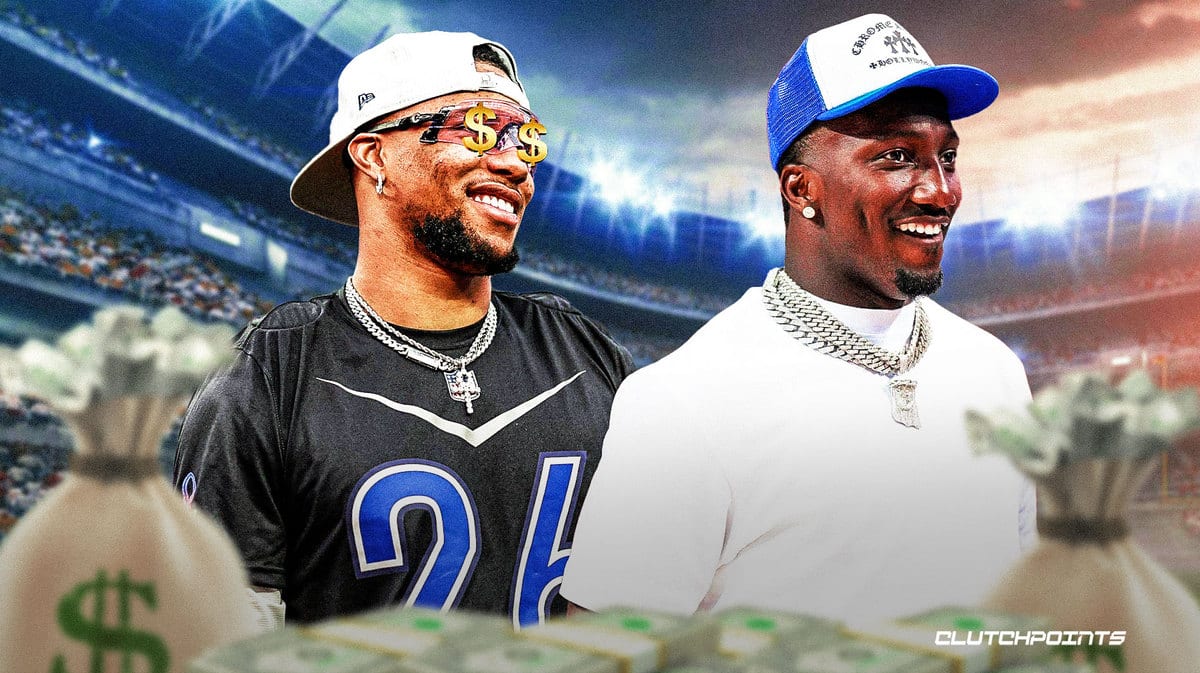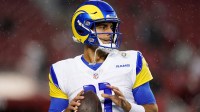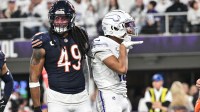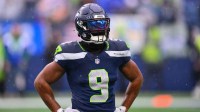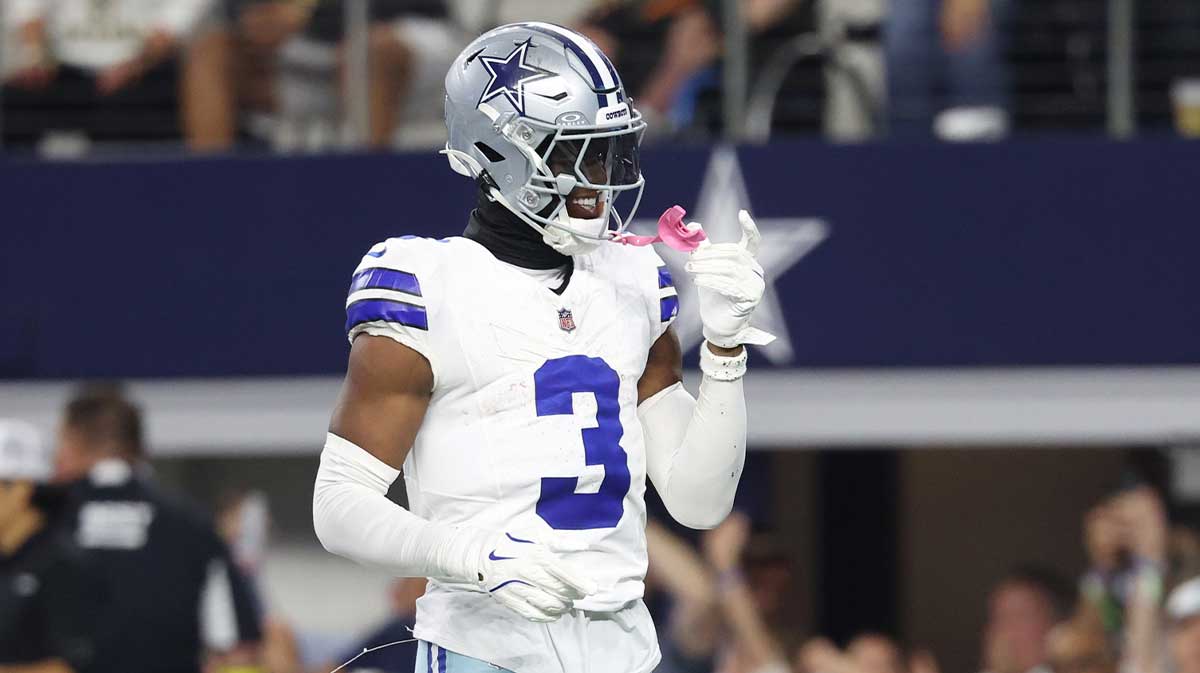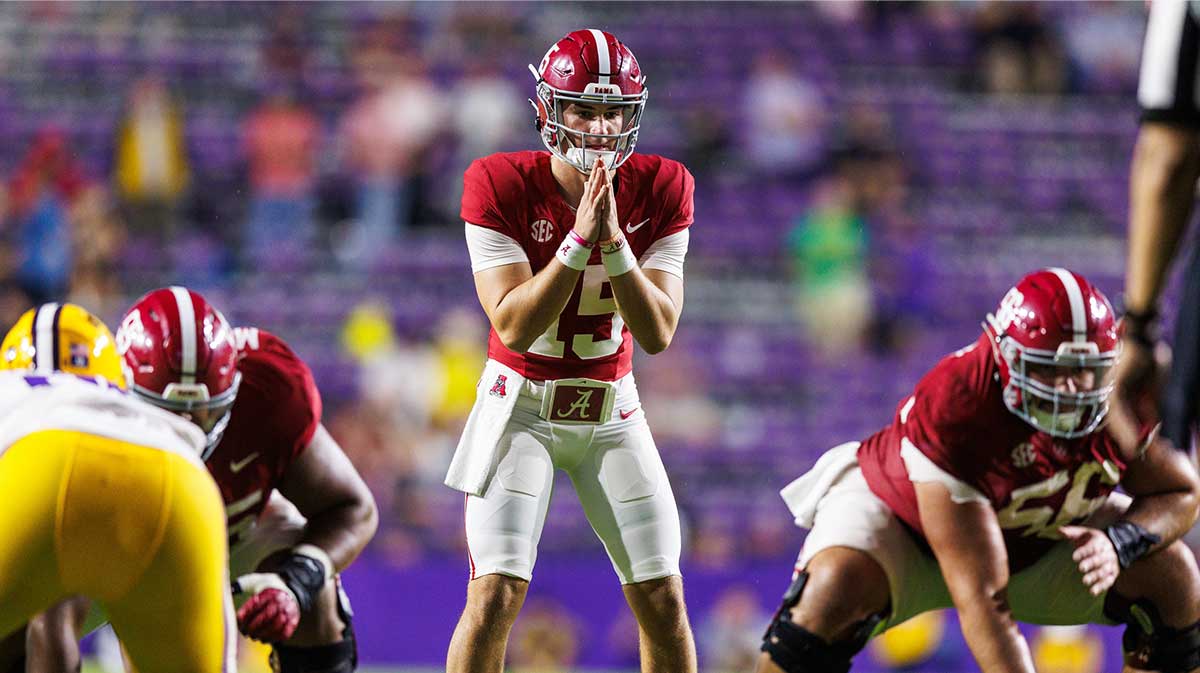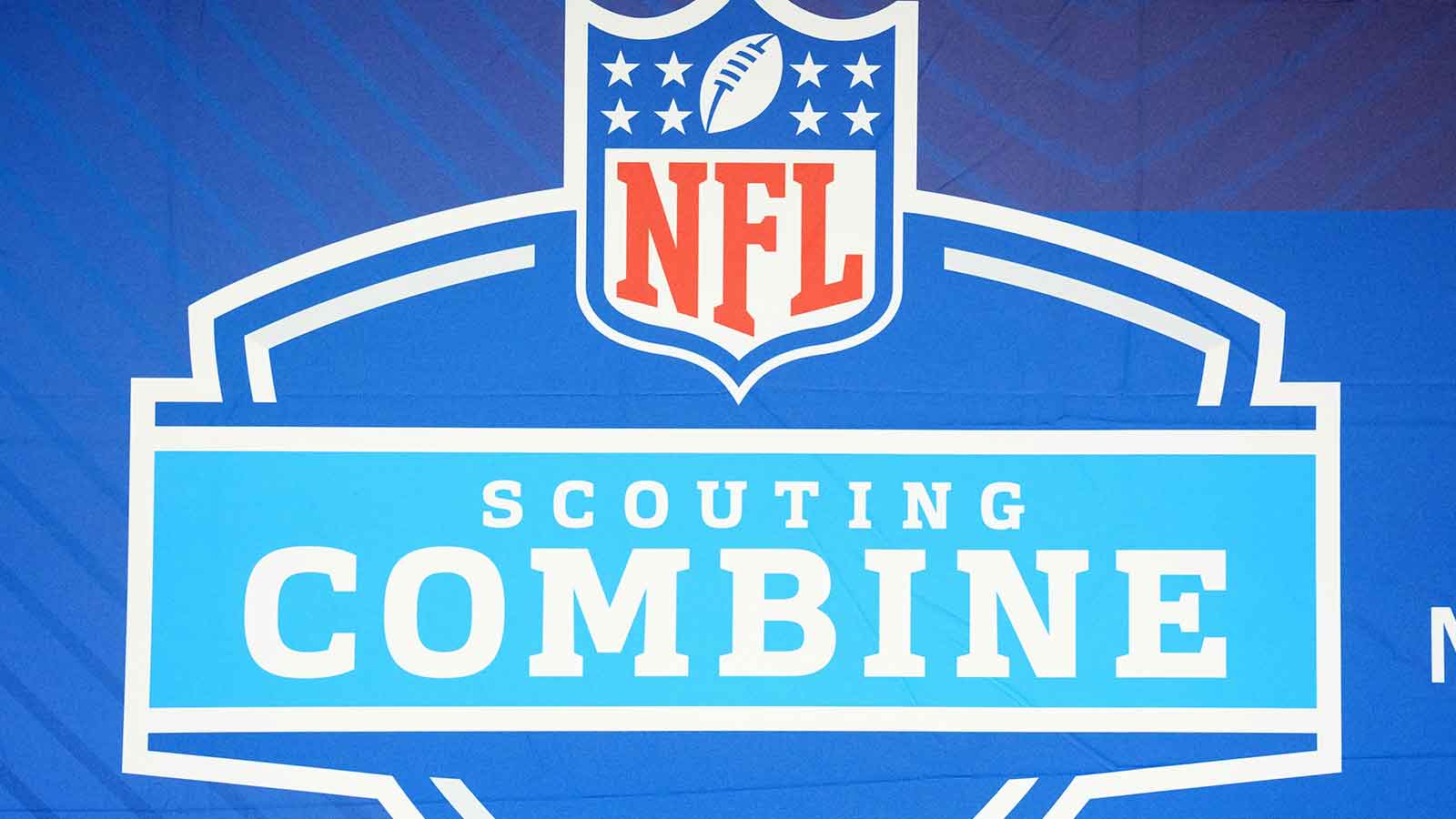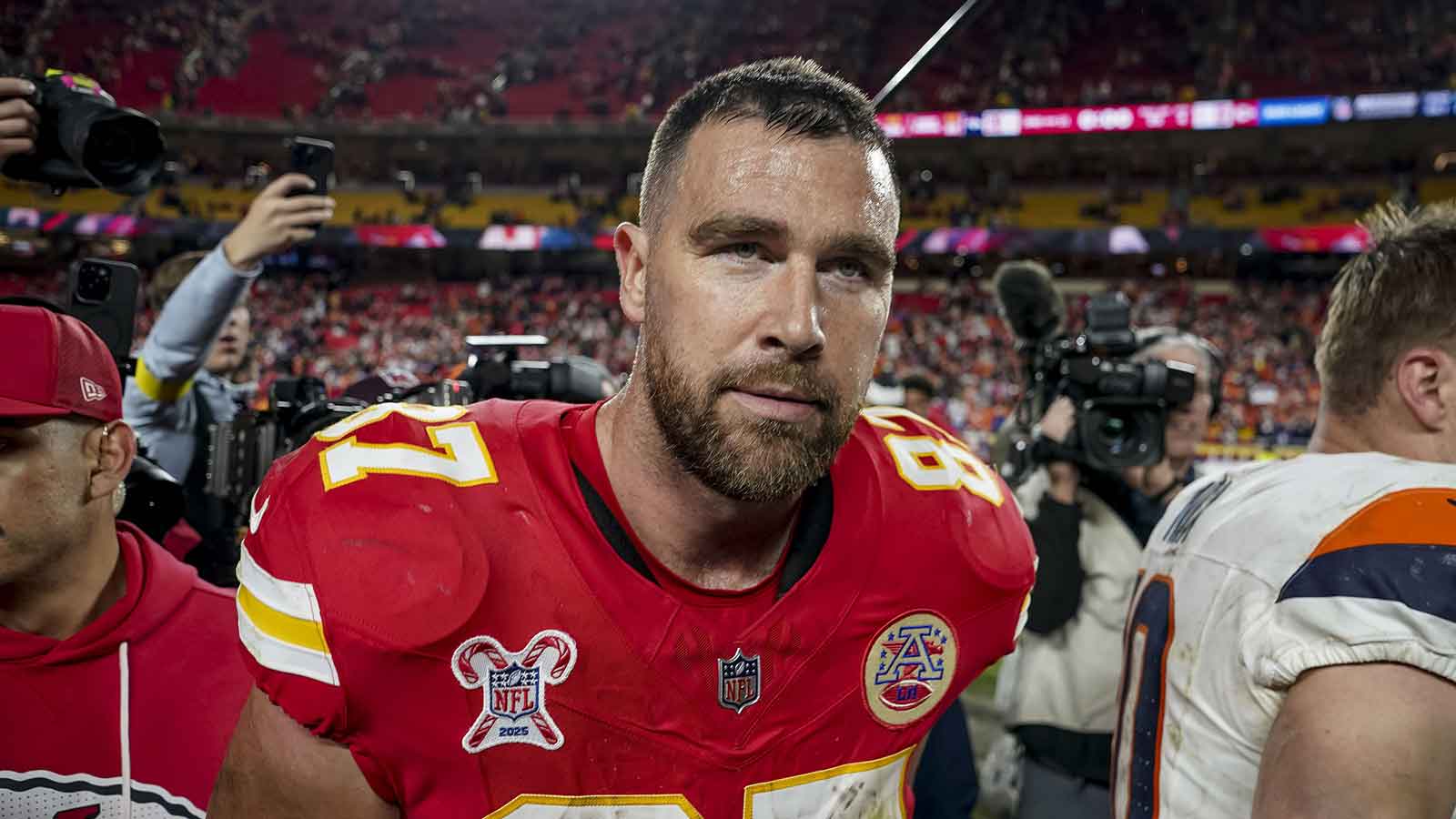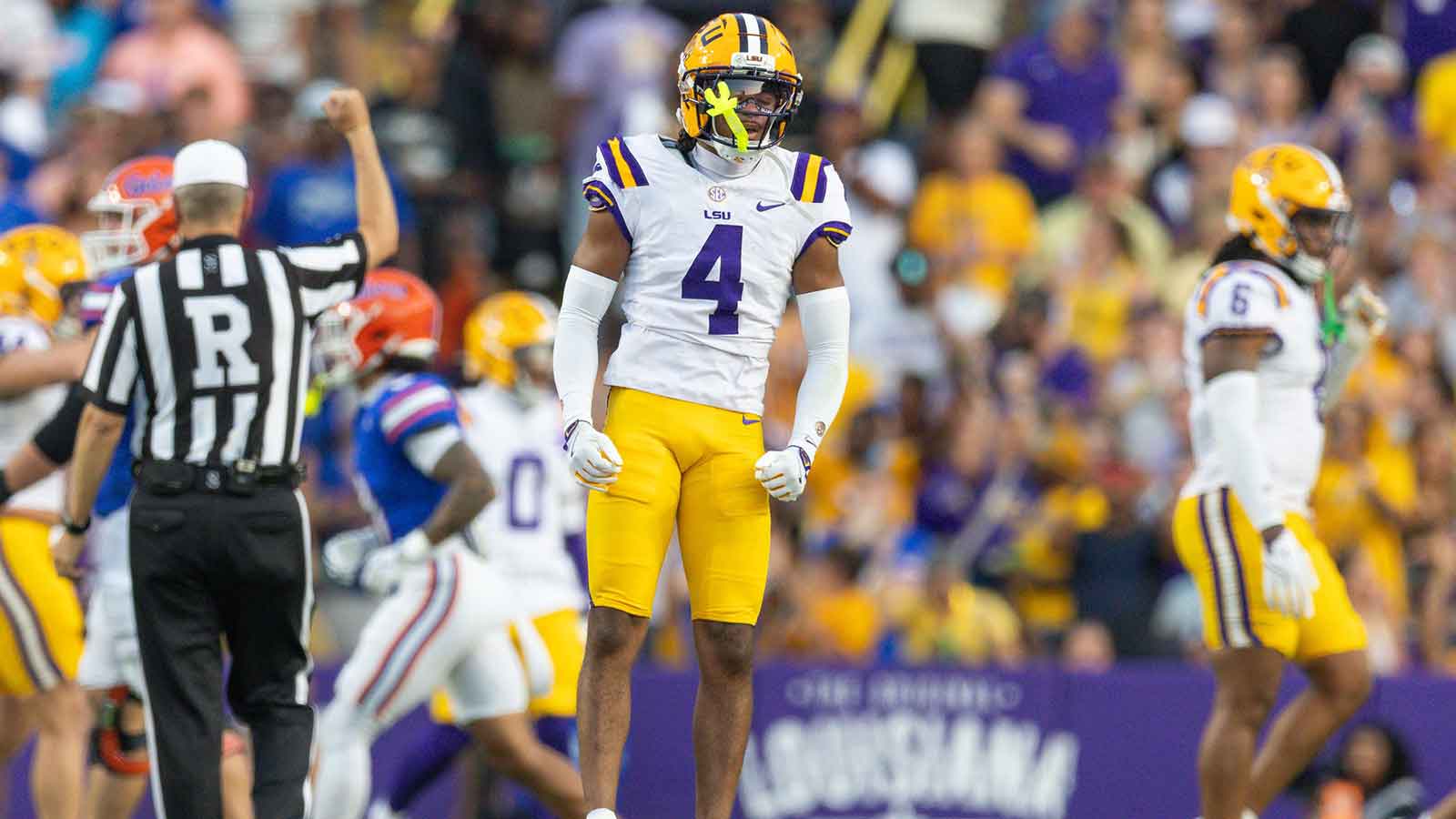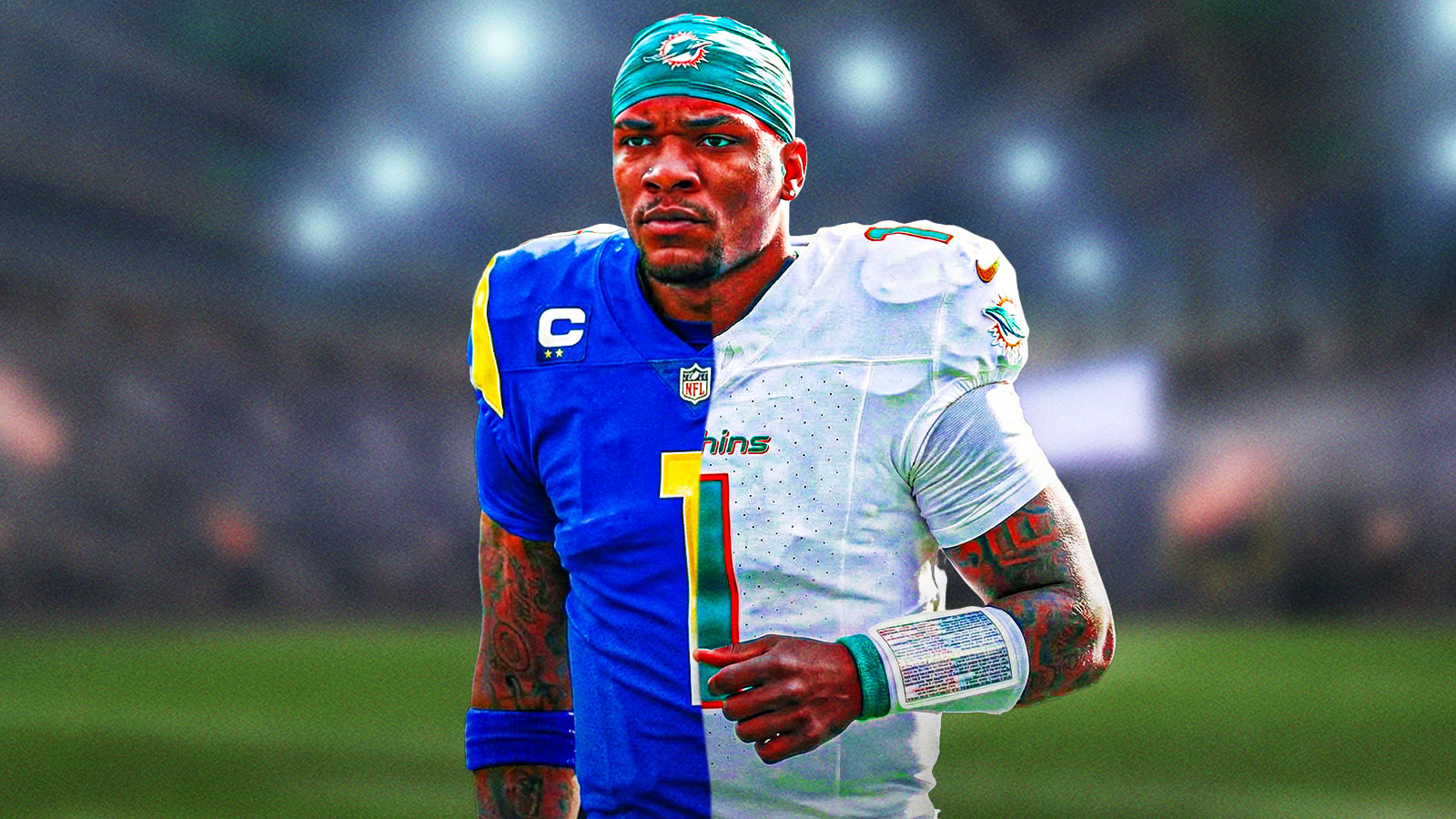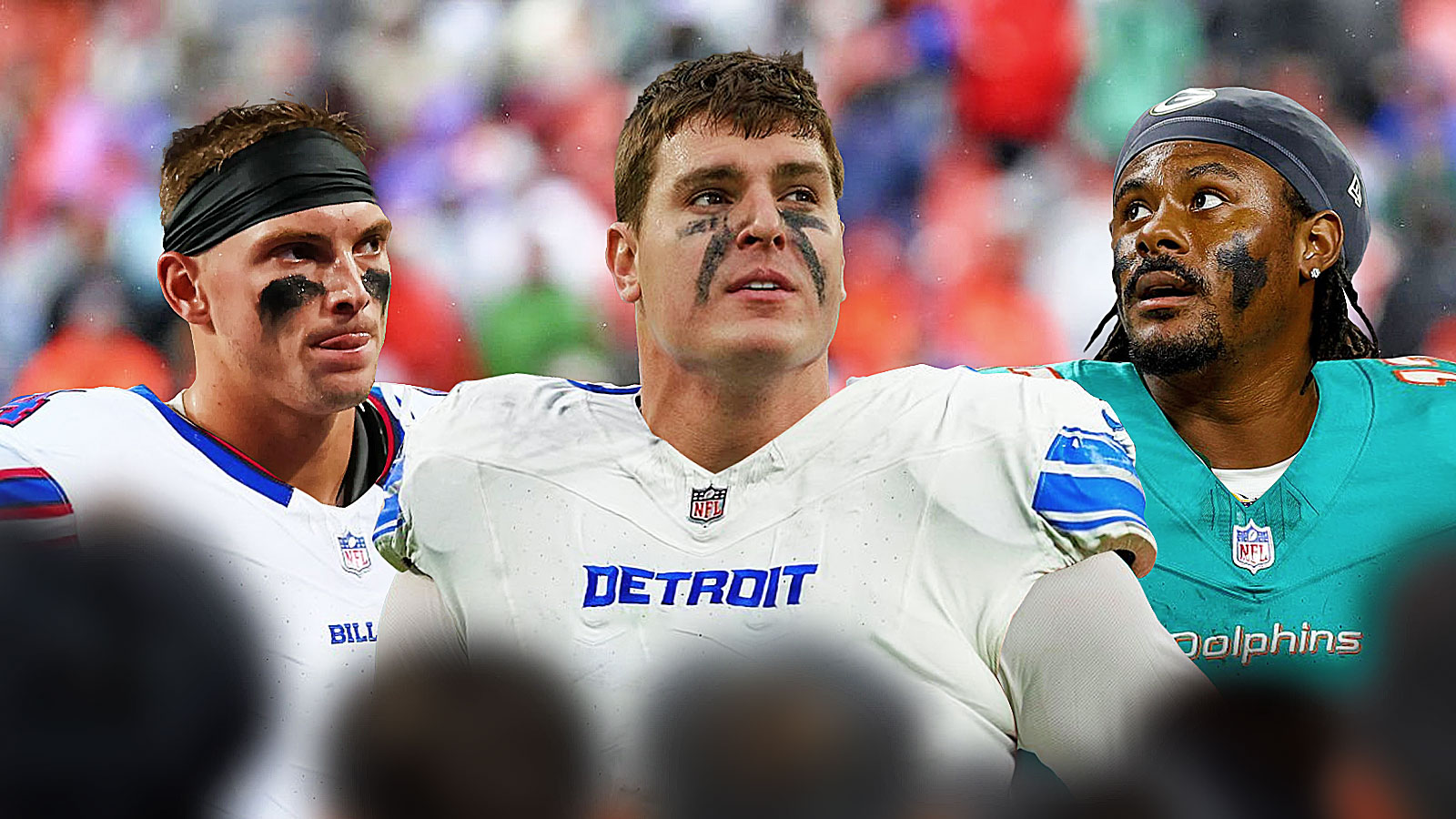Fair compensation debates are raging throughout some of America's largest entertainment industries. Although the NFL is in no danger whatsoever of shutting down production like Hollywood, disgruntled running backs have dominated headlines during the first week of training camp. And the issue is not going away anytime soon.
Josh Jacobs is in no hurry to report to Las Vegas Raiders' training camp, Jonathan Taylor is requesting a trade and Saquon Barkley might have just delayed future conflict by signing his franchise tag for this season. Past and present backs are interjecting themselves into the debate as well. But make no mistake. There is no debate among front offices league-wide.
A running back's prime is deemed extremely temporary and highly replaceable. Teams are not going to use large amount of capital on positional value they believe can be recouped in the NFL Draft. Organizations are all in lock-step on this viewpoint, thus there is limited demand on the open market.
Players like Barkley and Austin Ekeler reluctantly agree to compromise because they really have no other choice. And what is going to stop star running backs from being continuously out-leveraged? Nothing. At least not until the definition of “running back” is appropriately modified.
There is a blueprint in the NFL today that these players can follow in order to gain traction in this growing movement and in contract negotiations.
“Let’s compare, let’s see what the real value-add to a team is.” — the #BoltUp RB talked with us about the current state of the #NFL running back market: pic.twitter.com/ZiXcibOiDJ
— Rich Eisen Show (@RichEisenShow) July 13, 2023
49ers WR Deebo Samuel can solve NFL running back problem
For the most part, bell cow backs who carry the football approximately 20 times per game no longer reign supreme. They are important, sure, but quarterbacks are king. The natural wear-and-tear that comes with such physically grueling responsibilities makes it difficult to obtain lucrative, long-term contracts. Though, proving invaluable in another critical aspect of offense like pass-catching could be the optimal pathway to seeing more dollar signs.
Look no further than San Francisco 49ers wide receiver Deebo Samuel, a hybrid or “wide back” who signed a three-year, $73.5 million extension last year because of his ability to punish defenses in the passing game and out of the backfield. Although that did not show itself on the field last season, running backs can still cite him as a strong example in their arguments.
Teams covet versatile players who can keep opposing defensive coordinators on their toes. Creativity is essential in the modern game. Samuel carried the ball 59 times for 365 yards and eight touchdowns while also totaling more than 1,400 yards in the air. Those big numbers on the field resulted in a big number on his paycheck.
He's a wide receiver! He's a running back! He's Deebo Samuel! @19problemz
📺: #TBvsSF on FOX
📱: Stream on NFL+ https://t.co/Y8d9nuZcHK pic.twitter.com/sqQM9m0w7Z— NFL (@NFL) December 11, 2022
Obviously, there are many running backs who can catch passes, as 11 had 50 receptions or more last season while 16 eclipsed 300 receiving yards. Yet, it has not really been reflected in recent negotiations. Austin Ekeler tallied a whopping 107 receptions for 722 yards and five touchdowns. That piles onto 915 rushing yards and 13 scores. He is currently unable to land a contract extension to his liking.
What is really going to change then? Deebo Samuel had incentives included for reaching certain rushing numbers. The Los Angeles Chargers star should push for the same given that he is practically a receiver and such a crucial part of the offense. Though, we can probably guess how that would go. Neither agents nor frustrated players have persuaded owners to this point. They can press the issue when the next Collective Bargaining Agreement is ironed out, but that won't be until 2030.
This conflict cannot simmer for another seven years. If short dump-offs like the many Leonard Fournette accrued with the offensively-limited Tampa Bay Buccaneers last year (73 for 7.2 yards per carry) do not suffice, then perhaps lining up more frequently at wide receiver will boost the value of running backs.
It might be time for RBs to redefine the position, again
Producing more chunk plays in the passing game and enduring less hits when navigating through the trenches is easy to sell in contract negotiations. Owners should be willing to break the bank a little more for the position if backs can display their pass-catching skills to an even greater extent than they already do.
Excelling in multiple areas could allow running backs to be regarded more like they were in the past. General managers might not be so hesitant to commit to a player with an injury history like Barkley. This true hybrid concept preserves and diversifies these players.
Admittedly, this is not a full-proof proposal. Coaches will not want to show an empty backfield too often, but backs who can serve as legitimate wideouts can force their hand. Besides, no idea should be too unconventional given the market. All of this public dissatisfaction has done nothing to win them any leverage over their bosses.
Emulating the playing style of Deebo Samuel could lead somewhere. It is not fair, but running backs may be left with two simple choices. Adapt or continue to be viewed as expendable.

